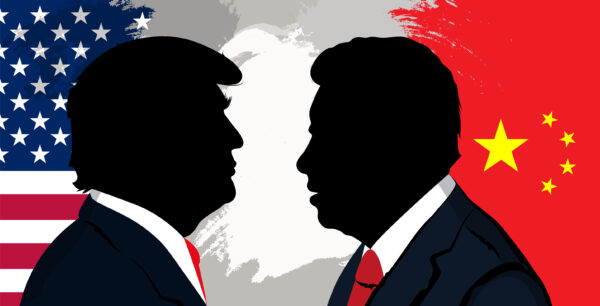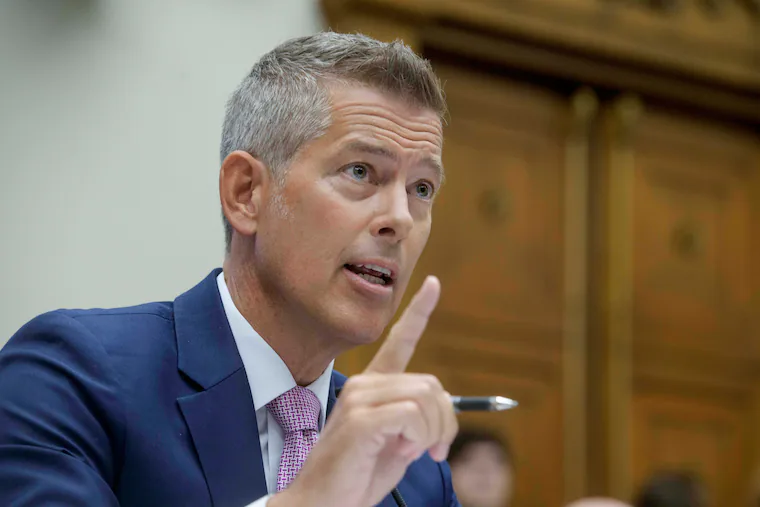Copyright thediplomat

U.S. President Donald Trump and Chinese leader Xi Jinping will meet on October 30 during the Asia-Pacific Economic Cooperation (APEC) Summit in Gyeongju, South Korea. Media headlines will focus on trade and tariffs. But away from the limelight of the great powers boxing ring and the fears about how China-U.S. competition is impacting global economics, what lurks in the shadows is far more disturbing. The meeting comes at a time of intensifying authoritarianism, accelerating democratic backsliding, and general deterioration in the international order, fueled in large part by Trump’s and Xi’s attacks on the international human rights system. With both China and the United States, the attacks on international norms are linked to abuses at home. In China, Xi started his tenure in late 2012 with an explicit focus on seven political “perils,” including universal values and human rights. Since then, repression has intensified across China, and radiated from its borderlands to outside its borders, as Beijing subjected Uyghurs to crimes against humanity, eradicated freedoms in Hong Kong, and expanded harassment and surveillance of diaspora communities abroad. In the U.S., in just nine months in office Trump has quickly ramped up attacks on democratic norms that began during his first term. His administration is now threatening the very foundations of democratic rule in the United States, disregarding the country’s constitutional system of checks and balances while threatening institutions perceived to be critical of him. He has deployed the national guard in Washington, D.C. and elsewhere, and greatly expanded abusive immigration raids and forced deportations without due process. On the international stage, both leaders’ hostility toward people’s inherent dignity and the rule of law has translated into efforts to openly undermine the United Nations’ core human rights infrastructure and its multilateral agencies. Each government has worked in its own way to undermine the International Criminal Court, the court of last resort for grave international crimes. The U.S. has curtailed its voluntary contributions to the United Nations and withdrawn from numerous U.N. institutions that other governments attending APEC have invested in for decades, including the World Health Organization and the U.N. Human Rights Council, and other multilateral agencies that promote global action against epidemics, atrocity crimes, and climate change. China, although having long presented itself as a champion of multilateralism at the U.N., has been aggressively silencing criticism at the U.N. of its own human rights record. It has repeatedly sought to defund U.N. human rights institutions, block or weaken U.N. resolutions on civil society, human rights defenders, and peaceful protests, and advanced innocuous-sounding concepts like “win-win cooperation” that are meant to dilute the concept of accountability. These actions, alongside Russia’s similarly destructive actions against the U.N. system, appear aimed to dismantle the international human rights system and multilateral action, and cement a more lawless world order in which geopolitical strength reigns supreme. At a summit dominated by two leaders who have demonstrated such utter hostility to the international system, human rights law, and democratic principles, how should rights-respecting, democratic countries respond? With courage and conviction. Democratic leaders attending the APEC summit should speak strongly in reaffirming that human rights and democratic principles are universal standards enshrined in international law. They should unabashedly defend the U.N. system and the international rule of law. They should publicly state their opposition to attacks on multilateral institutions by both China and the U.S. and call on both to restore and sustain U.N. funding. Democratic governments should also pledge to establish an Asia Democracy Defense Fund, to mitigate the harm to human rights defenders and civil society in the region. A fund would provide a vital lifeline to human rights defenders and independent journalists now increasingly at risk due to growing repression and cuts to U.S. foreign funding. Democratic leaders should also forge an action plan to create safe havens in democratic countries in Asia and across the world, so activists and journalists – many of them now in exile – can continue to function effectively. The action plan should include a special resettlement stream for human rights defenders, similar to one created in Canada, to protect activists from cross-border repression and other threats. The U.S. and Chinese governments’ attacks on the international order are undermining global institutions and efforts that many governments in the rest of the world care deeply about, and have invested in, for decades. Democratic governments meeting at APEC need to stand up and defend the international system and its vital systems and institutions. As any historian of the 20th century knows, accepting the alternative – a world of unfettered authoritarianism and global lawlessness – is untenable and unsafe for everyone.



